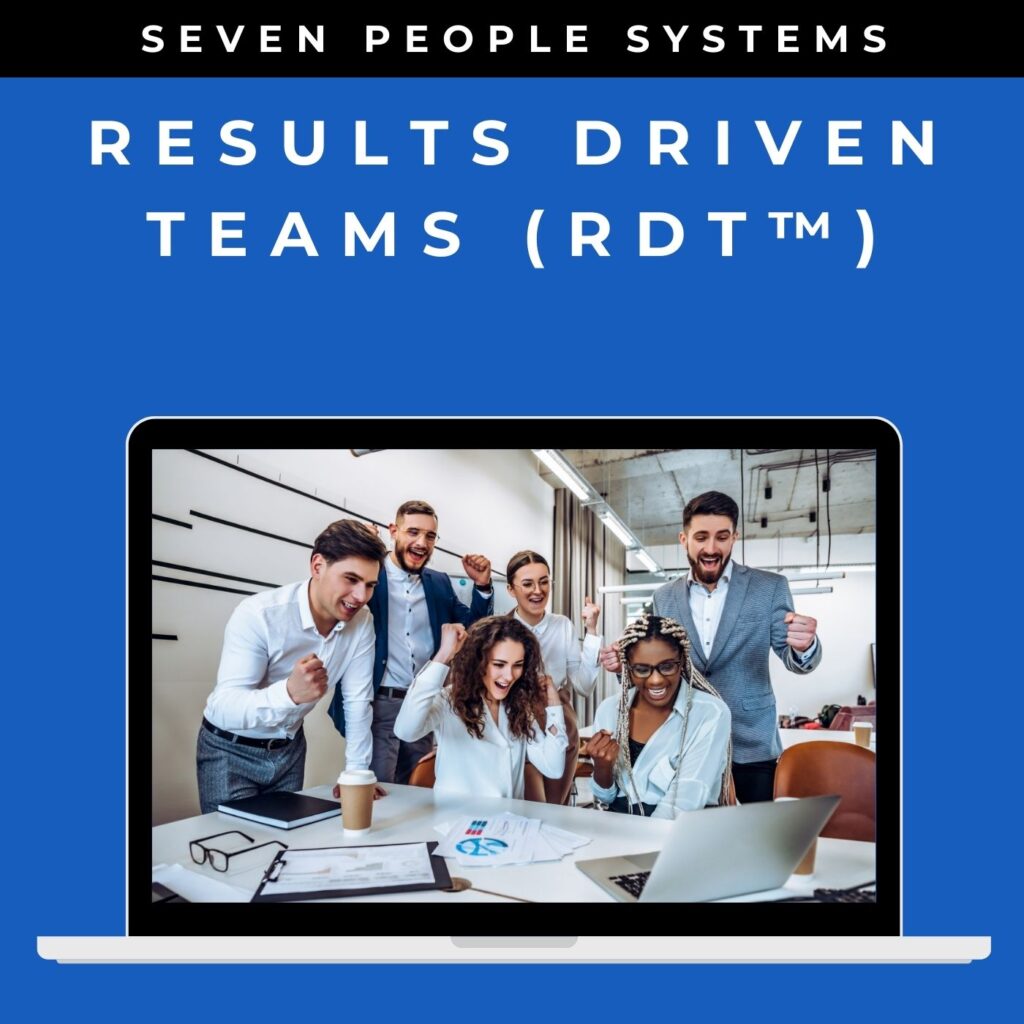Results-Driven Teams – Turn Your Team Around in 90 Days
- June 20, 2025
- Posted by: info@seven.net.in
- Category: Talent Management
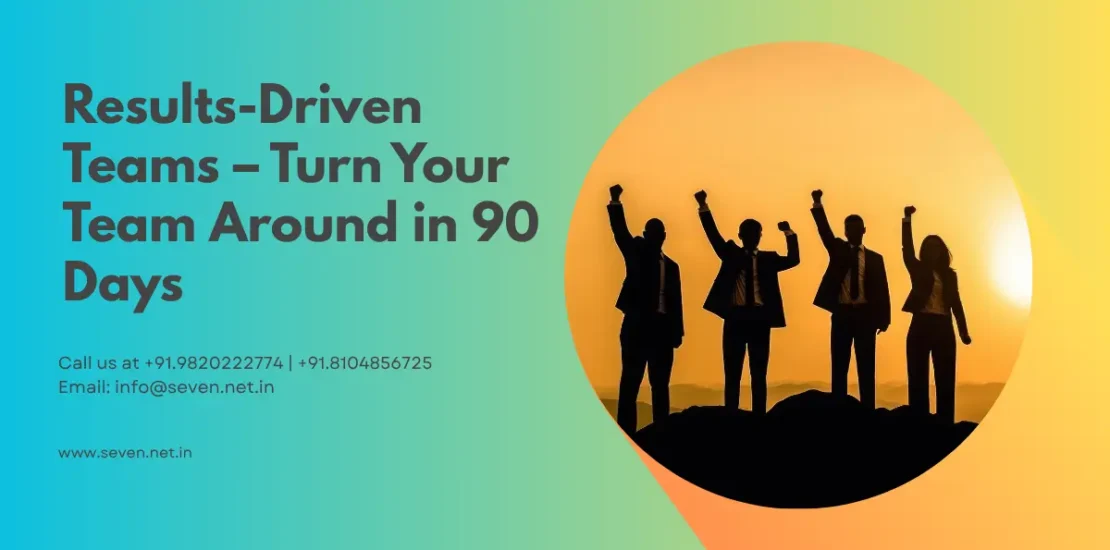
High performance may indicate capability, speed, or efficiency—but it doesn’t always translate into business outcomes. What truly matters is impact, and that’s where Results-Driven Teams™ stand apart. The Results-Driven Teams (RDT™) approach is a 90-day methodology that helps you build team alignment, foster psychological safety, and deliver measurable team performance across your organization.
Why High Performance Isn’t Always High Impact
High-performing teams (HPTs) are often defined by internal cohesion, strong communication skills, and execution speed. However, many such teams fall into the trap of activity over productivity, focusing on effort rather than outcomes. They move fast—but not always in the right direction. High-performing teams collaborate well—but may not align to business goals or organizational strategy. HPTs deliver outputs—but not necessarily business results that matter.
This is the performance paradox. Teams may appear successful on the surface but fail to generate tangible business value.
What Defines a Results-Driven Team
Results-Driven Teams are engineered to close the gap between effort and outcome. Rooted in clarity, strategic alignment, and continuous execution, RDT™ is a proven framework that transforms capable teams into outcome-oriented teams. It’s not about doing more—it’s about doing what matters most.
A results-driven team is one that consistently achieves key business outcomes through shared goals, strong collaboration, and disciplined execution. Unlike teams that rely on individual effort or loosely defined targets, results-driven teams operate with purpose, accountability, and clear performance metrics. They combine behavioral insights with structured frameworks to unlock true high performance.
The Core Components of a Results-Driven Team
Clarity through Team Diagnosis
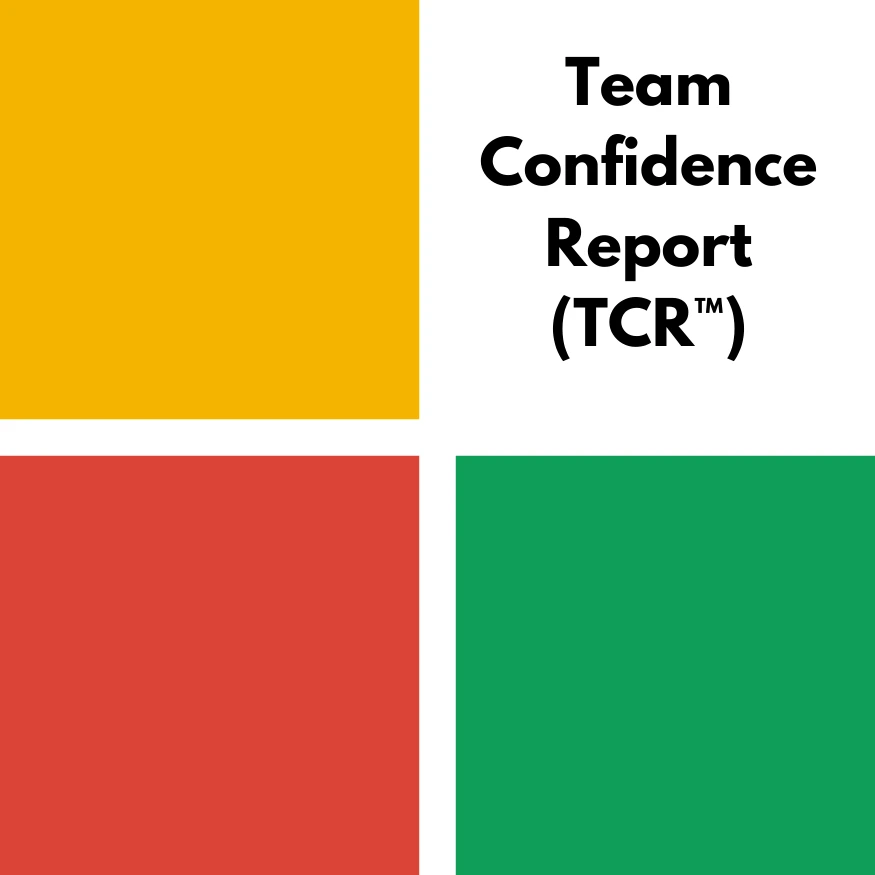
The journey begins with the Team Confidence Report (TCR™), a diagnostic tool that reveals where team trust, communication, and alignment are weak. It benchmarks your team against global data and uncovers what’s blocking performance. This is foundational to building high-impact teams.
Trust through Behavioral Awareness
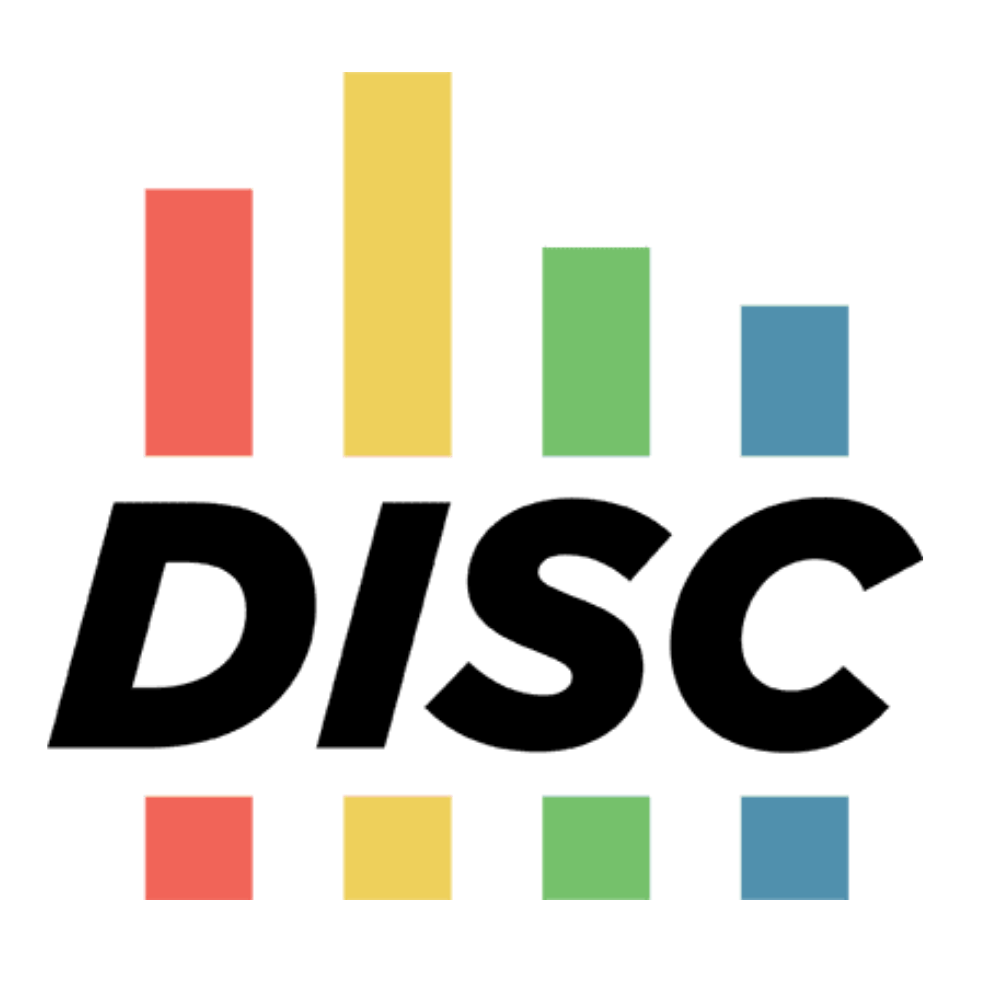
The RDT™ methodology incorporates DISC assessments to help team members understand their own behavioral profiles and those of others. This increases empathy, collaboration, and interpersonal effectiveness—essential drivers of team effectiveness and trust. Results are built on relationships.
Alignment through OKRs
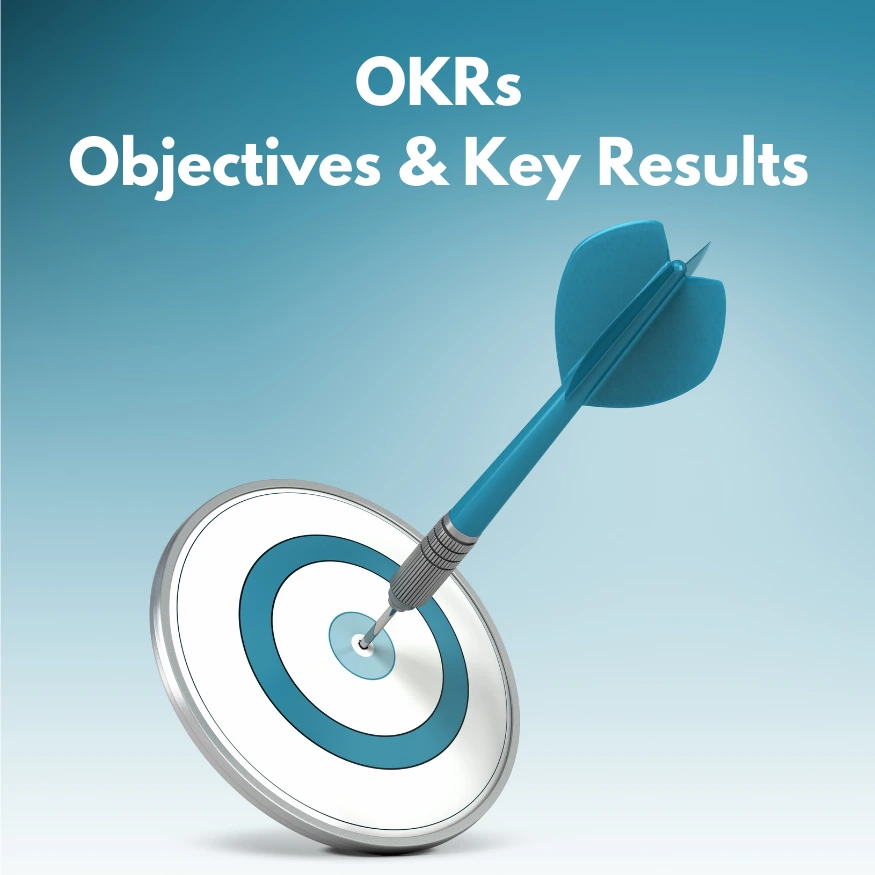
Objectives and Key Results (OKRs) bring strategic focus to team efforts. OKRs shift attention from activities to desired business outcomes, enabling teams to align around common goals. They also support goal visibility, ownership, and cross-functional accountability, making them essential for results-driven performance.
What Sets RDT™ Apart: From Potential to Proven
RDT™ is not just a team-building workshop. It’s a comprehensive performance system backed by fifteen years of research and tested across industries. It merges data-driven decision making, team diagnostics, and agile goal-setting to drive transformational business results.
Cultivating Psychological Safety for Open Dialogue
A culture of psychological safety encourages innovation, continuous feedback, and deeper engagement. The RDT™ approach integrates deliberate practices to promote open communication, team feedback loops, and safe conflict resolution. This helps create high-trust team environments that are resilient and adaptive.
Encouraging Cross-Functional Collaboration
Silos slow execution. Results-Driven Teams operate across departments, aligning around shared priorities. This breaks down barriers, enhances cross-functional teamwork, and drives organizational alignment.
Sustaining Momentum with Cadence Reviews
Structured cadence reviews keep teams on track. These checkpoints drive consistency, enable quick course correction, and encourage real-time learning. This is a core part of agile team development and performance management.
Embedding Continuous Improvement into Team Culture
RDT™ embeds continuous improvement cycles through monthly reviews, strategic retrospectives, and business alignment practices. It transforms execution into a habit and promotes a growth mindset across teams.
Leveraging Practical Tools with Proven Effectiveness
RDT™ leverages tried-and-tested tools—like TCR™, DISC, and OKRs—backed by cultural intelligence and adapted for global and Indian organizations. It has been applied by over 550 companies including CXO teams, startups, and high-impact project groups. The program includes team coaching, certification pathways, and digital tracking.
Begin Your 90-Day Team Transformation
If you’re ready to move beyond traditional high performance and drive true business outcomes, the Results-Driven Teams approach offers a proven roadmap. It’s time to shift from activity to impact. Reach out to us to see how RDT™ can transform your teams into engines of strategic execution.
FAQs – Results Driven Teams
A high performance team focuses on capability, speed, and collaboration. However, a results-driven team goes beyond that by aligning effort to strategic outcomes. It ensures that the team’s work translates into measurable business results.
RDT™ is a structured 90-day framework that uses tools like the Team Confidence Report (TCR™), DISC assessments, and OKRs to build trust, align goals, and deliver consistent outcomes. It combines diagnostics, behavioral science, and performance alignment for sustainable impact.
RDT™ is ideal for CXO teams, functional heads, project teams, startups, and cross-functional groups that want to improve execution, alignment, and outcomes. It’s also tailored for organizations operating in volatile or fast-growing environments.
Yes. Even high-performing teams often lack strategic alignment or outcome focus. RDT™ helps such teams evolve further by driving clarity, accountability, and results that matter to the business.
The RDT™ program uses the Team Confidence Report (TCR™), DISC behavioral assessments, and the OKR (Objectives and Key Results) framework. These tools are integrated into a step-by-step process to ensure clarity, execution discipline, and continuous improvement.
Latest Blogs
- How the Executive Coaching Process Works: A 5-Stage Framework for Sustainable Leadership Growth
- 5 Simple Steps to Confident Personal Decision Making: A Complete Guide
- 5 Critical Organisational Problems Adaptability Quotient (AQ) Can Solve
- AI Training & Certification in India: The Complete 2025 Guide to 46 AI CERTs® Programs
- Adaptability Assessment in India: Why AQai is the Benchmark for Leaders and Teams
